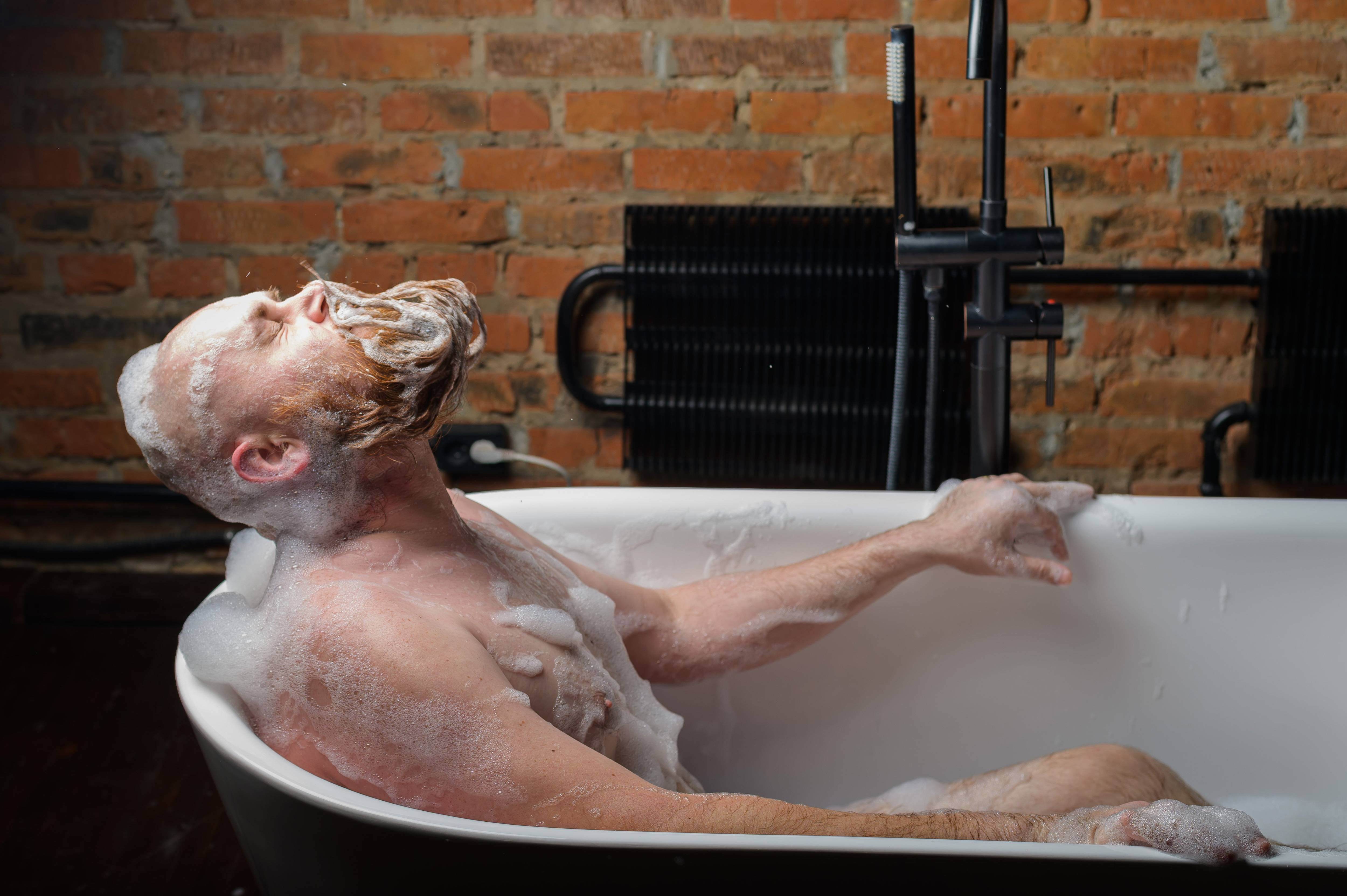Physical activity is well known for its beneficial effect on the immune system. Moderate exercise has shown to be an effective therapy for most chronic diseases with direct and substantial impact on both mental and physical health.
The COVID-19 pandemic is impacting all aspects our lives, including fitness regimes and global interest in wellbeing. Physical exercise has become an important component of health management for many during COVID for its positive impact on mental and physical wellbeing during lockdowns. The fitness app Mindbody reports a massive increase in consumer exercise since the onset of the pandemic in early 2020, with 56% of respondents now undertaking at least 5 workouts per week - the majority being High Intensity Interval Training (HIIT) classes.
However, intense physical exercise may result in suppression of the immune system. The typical phagocytosis processes of our immune system may be put in check, diverting more energy to the physical activity underway. Immunity is diminished following such intense exertion. Multiple studies report on elite athletes and their increased rate of infection during periods of intense training.
The commensal yeast Candida albicans is a commonly encountered microbe found on human skin and mucosal surfaces of the body. At times, the balance of this microbe on our bodies may tip towards pathogenic levels, resulting in conditions ranging from skin rashes requiring topical antifungal treatments to serious systemic infections.
Intertrigo is an inflammatory condition of the skin, commonly known as sweat rash, which can become infected with C. albicans, leading to the condition known as Candidal intertrigo.
The skin’s immune defence against C. albicans (and other microorganisms) is dependent upon a fine balance of the innate and adaptive immune responses, enabling the host to neutralize the invading pathogen. A study observed the influence of moderate exercise versus intense exercise on the ability of the skin’s immune system to maintain a balance of Candida albicans in its microbiome (via phagocytosis). The impact of moderate exercise (45 min at 55% maximal oxygen uptake) on the phagocytic capacity of neutrophils was evaluated in sedentary men. The researchers found that intensive exercise mediated (reduced) the phagocytosis of C. albicans, while moderate exercise stimulated phagocytosis. This stimulation effect maintained for at least 24 hours post-workout.
The Essential Oil Buddha Wood (INCI: Eremophila Mitchellii Wood Oil) demonstrates natural anti-inflammatory properties as well as superior anti-microbial activity against Candida albicans as compared to other Australian Essential Oils. To learn more, download the White Paper: Buddha Wood Oil for Skin Health Care and Men's Grooming.



No Comment